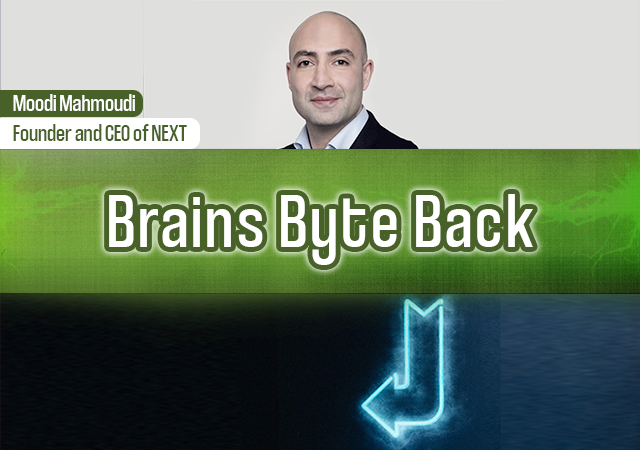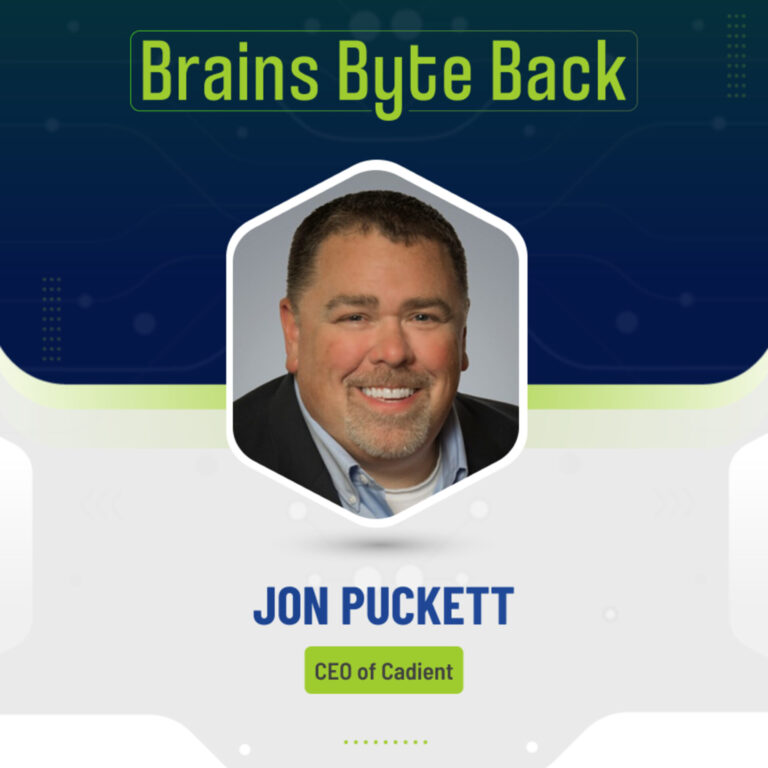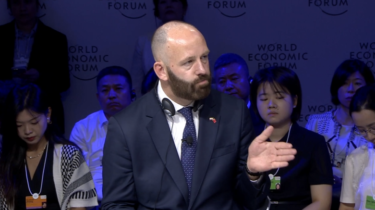In this episode of the Brains Byte Back podcast, we discuss neuroplasticity, why learning is not necessarily a linear process, and the top three most thought-provoking questions asked by children.
If you are unfamiliar with a “schema,” it is a psychological term that describes a cognitive framework or concept that helps organize and interpret information.
We use them every day as they allow us to take shortcuts when consuming large amounts of information from our environment.
However, while schemas can help us save time, they can also hinder us.
As we develop these schemas, our ideas of how the world works becomes more deeply entrenched in our mind, and less able to adapt to change.
This makes us more susceptible to believing in stereotypes and makes it harder to retain new information that does not conform to our established ideas about the world.
On the other end of the spectrum in psychology, we have neuroplasticity — the ability of the brain to form new connections and pathways, and change how its circuits are wired.
According to The Indian Journal of Pediatrics, neuroplasticity is especially important during childhood. To put this into perspective, four-year-old kids ask an average of 390 questions a day.
In light of this, children can be considered the research and development of the human race, according to Moodi Mahmoudi, who previously gave a speech titled “Act Like a Child” at Tech Day, a two-day hackathon in Amsterdam.
Mahmoudi is also the founder and CEO of NEXT, a company that focuses on design thinking and provides businesses with digitally guided processes, challenging the way they traditionally approach problems and solutions.
Listen to this podcast on Spotify, Anchor, Apple Podcasts, Breaker, Google Podcasts, Stitcher, Overcast, Listen Notes, PodBean, and Radio Public.
We invited Mahmoudi to join us on the show to discuss how NEXT works, what their digital guide process looks like, and what makes it different from traditional problem-solving approaches.
In this episode, you will learn how NEXT helped tackle Amsterdam’s overcrowded bike parking problem and why out-of-the-box thinking was so important to solve this issue.
Mahmoudi also explains the motivation and meaning behind his “Act Like a Child” speech, why learning is not necessarily a linear process, and the top three most thought-provoking questions asked by children.
We’ll give you a quick peek at the first one, “What are shadows made of?” so stay tuned to hear the top two!
Disclosure: This article includes a client of an Espacio portfolio company












